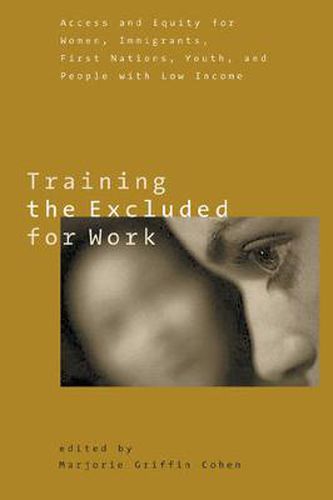Readings Newsletter
Become a Readings Member to make your shopping experience even easier.
Sign in or sign up for free!
You’re not far away from qualifying for FREE standard shipping within Australia
You’ve qualified for FREE standard shipping within Australia
The cart is loading…






Over the last fifty years, Canadian universities have experienced remarkable change. The explosion of a so-called knowledge-based economy, increasing corporate presence and funding on campus, and the unprecedented rise in enrolment, among other factors, have all played significant roles in the shaping of the modern Canadian university. In this thoughtful book, Howard C. Clark considers how such changes to growth and governance have altered the nature of the institution itself. Tracing the development of the university from the end of the Second World War, through the seismic changes in the 1960s and 70s, Clark argues that while Canadian universities made remarkable accomplishments during this period, they were ill prepared for the financial constraints of the 1980s and early 1990s. As a result, they were left in a state of institutional paralysis that has hindered their ability to adapt to the needs of a changing society. Comparing the present state of Canada’s universities to those of the United States, the United Kingdom, Australia, and New Zealand, Clark concludes that Canadian governments have been far less willing to legislate changes in university governance than their Anglophone counterparts. Historians of education, cultural historians, university administrators, government policy makers, and those with a stake in public education will welcome this important volume by one of Canada’s most respected university administrators and educators.
$9.00 standard shipping within Australia
FREE standard shipping within Australia for orders over $100.00
Express & International shipping calculated at checkout
Over the last fifty years, Canadian universities have experienced remarkable change. The explosion of a so-called knowledge-based economy, increasing corporate presence and funding on campus, and the unprecedented rise in enrolment, among other factors, have all played significant roles in the shaping of the modern Canadian university. In this thoughtful book, Howard C. Clark considers how such changes to growth and governance have altered the nature of the institution itself. Tracing the development of the university from the end of the Second World War, through the seismic changes in the 1960s and 70s, Clark argues that while Canadian universities made remarkable accomplishments during this period, they were ill prepared for the financial constraints of the 1980s and early 1990s. As a result, they were left in a state of institutional paralysis that has hindered their ability to adapt to the needs of a changing society. Comparing the present state of Canada’s universities to those of the United States, the United Kingdom, Australia, and New Zealand, Clark concludes that Canadian governments have been far less willing to legislate changes in university governance than their Anglophone counterparts. Historians of education, cultural historians, university administrators, government policy makers, and those with a stake in public education will welcome this important volume by one of Canada’s most respected university administrators and educators.